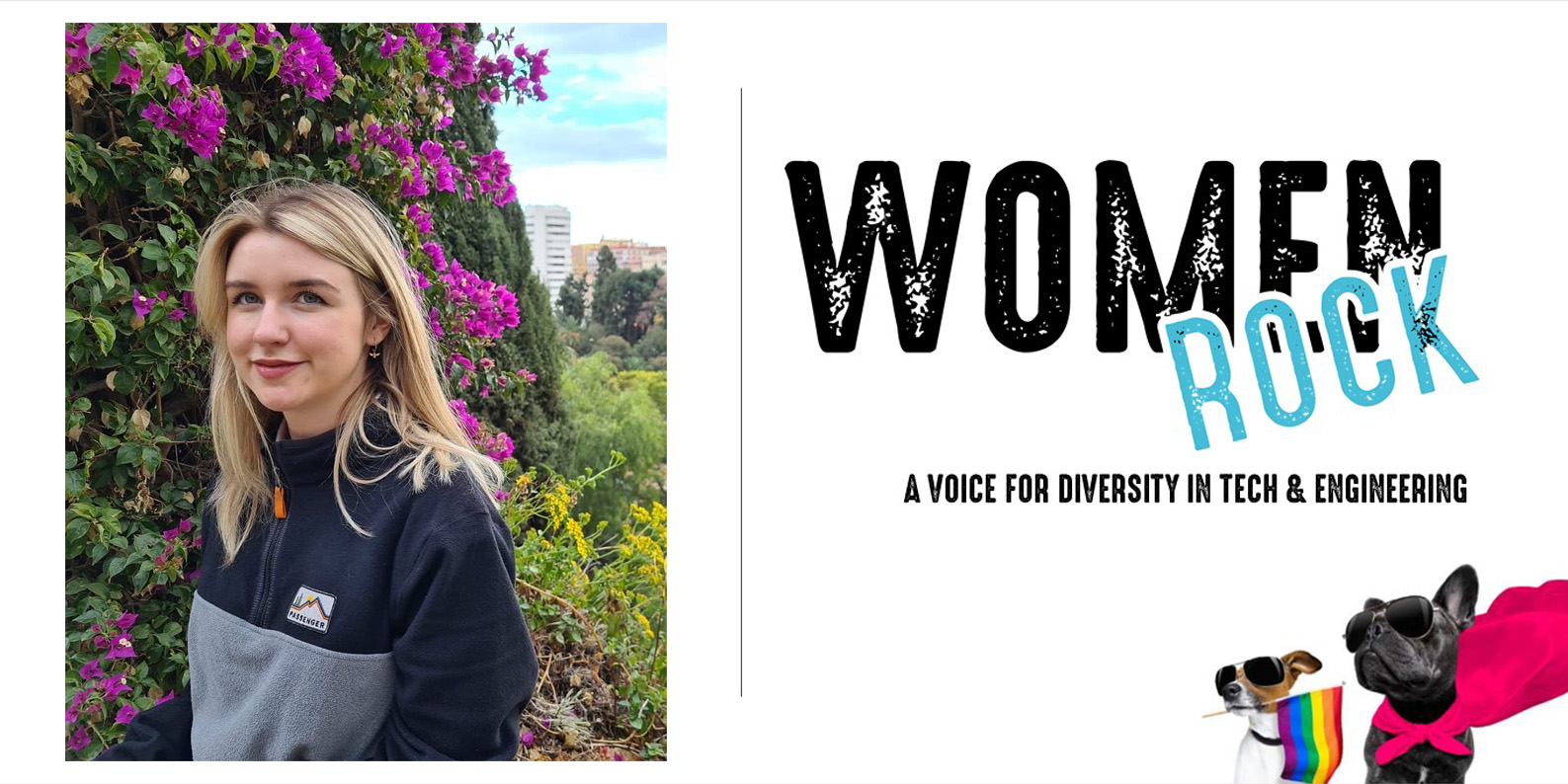
“You need to know yourself, understand your strengths and weaknesses and what you actually enjoy doing” Interview with Gina Fielding | Basekit
This is the second time Natalie has sat down to chat with Gina Fielding because she continues to ROCK in the IT and tech industry! We have followed Gina’s journey closely and her career is going from strength to strength, so we are always excited to hear about her next chapter…
 GINA, GREAT TO HAVE YOU DOING ANOTHER WOMEN ROCK! LAST TIME WE SPOKE YOU WERE WORKING AS A SOFTWARE TEST ANALYST BUT HAD YOUR SIGHTS FIRMLY SET ON TAKING YOUR CAREER DOWN THE PRODUCT MANAGEMENT ROUTE, WHAT WAS IT THAT ATTRACTED YOU TO PRODUCT MANAGEMENT?
GINA, GREAT TO HAVE YOU DOING ANOTHER WOMEN ROCK! LAST TIME WE SPOKE YOU WERE WORKING AS A SOFTWARE TEST ANALYST BUT HAD YOUR SIGHTS FIRMLY SET ON TAKING YOUR CAREER DOWN THE PRODUCT MANAGEMENT ROUTE, WHAT WAS IT THAT ATTRACTED YOU TO PRODUCT MANAGEMENT?
Product management is a wonderful mix of technical and creative. You are involved in every phase of the product development process; from research to design to development to launch.
Product management is about building products that solve a problem for people. This means talking to customers and learning about their goals, motivations and barriers. I want to build products that people love.
I am a process driven person so I enjoy the design and development phase because you are translating the identified problem space into usable solutions.
WELL, YOU CERTAINLY HAD A CLEAR DRIVE AND VISION AS YOU’VE MADE THAT GOAL A REALITY AND HAVE BEEN WORKING AS PRODUCT MANAGER FOR THE LAST 2 YEARS AT BASEKIT! HOW HAVE YOU FOUND THE TRANSITION AND WHAT SKILLS HAVE YOU FOUND TO BE MOST USEFUL?
There are some similarities between Software Testing and Product Management so it’s not uncommon for a Product Manager to have a background in Testing. This is because a good Software Tester is process driven, inquisitive and they think outside the box which are all skills a good Product Manager has. So the transition into Product Management was not a difficult one as I already had these skills.
I CAN IMAGINE YOU’VE ALSO LEARNT A LOT OF NEW SKILLS ALONG THE WAY, WHAT WOULD YOU SAY IT TAKES TO BE A GREAT PRODUCT MANAGER?
To understand the solutions they should build, Product Managers need to use product discovery tools and frameworks, such as using qualitative data analysis to make evidence-based decisions instead of decisions based on personal opinion.
A great Product Manager is a leader. They get the best out of teams by using good processes, and innovative tools and techniques. They encourage an environment where people feel empowered and can be their most creative. Product Managers also need to be able to work across teams. For example, working with Marketing to create messaging for the product.
A great Product Manager never stops learning. And that means looking outside of their workplace, picking up tips from others in the industry. They are regularly looking to deepen their knowledge and explore new tools. They also share that knowledge with others.
SOMETIMES IT CAN BE DAUNTING TO TAKE THE LEAP AND CHANGE YOUR ROLE, WHAT WOULD YOUR ADVICE BE TO ANYONE CONSIDERING GOING DOWN A DIFFERENT CAREER PATH?
I am thoughtful about my career, looking at how to progress and what next steps to take.
You need to know yourself, understand your strengths and weaknesses and what you actually enjoy doing. You have to accept that you are going to make mistakes and learn from them. I went into automation testing because I thought that was the next step for me. But it did not play to my strengths and I did not enjoy it.
Product management is a passion as well as my job. I think it’s important to love what you do. I love challenges and I love to learn.
WAS THERE ANYTHING THAT BASEKIT DID TO HELP SUPPORT YOU WITH YOUR CAREER PROGRESSION AND IS THERE ANYTHING YOU THINK COMPANIES CAN BE DOING MORE OF TO HELP WOMEN?
I have always been good at identifying gaps in processes and thinking of ways to bridge them. BaseKit’s Development team has always supported me and has been open to my ideas. The team has allowed a lot of experimentation which has really paid off and our team works more efficiently than ever.
I made it clear to BaseKit when I interviewed for the Software Tester position that my aim was to become a Product Manager. BaseKit hired me with the understanding that I wanted to progress my career and supported me in doing this by allowing me to take on Product Manager responsibilities and implement process changes while I was a Tester. My value was recognised and I was quickly promoted to Product Manager. I think many tech companies still hold on to overly hierarchical forms of management, even small companies like BaseKit struggle with this. This can hinder creativity and makes the business less innovative. This hierarchical approach can shut women out as senior teams are often still very male. For a company to be innovative they must be willing to take risks and experiment with new ways of working. Innovative ideas can come from younger and diverse team members who have had a different experience.
YOU’RE QUITE PASSIONATE ABOUT ENCOURAGING MORE FEMALES INTO THE TECH INDUSTRY, WHY DO YOU THINK THERE ARE SO LITTLE IN TECH?
I would say the three main causes are problems with gender stereotyping (e.g. boys are better at technology) so that girls do not consider tech as an option for them; a perception of a programming ‘nerd’ culture which can appear male however I have never found it to be like that and finally a lack of female role models in tech.
SO, WHAT WAS IT THAT ORIGINALLY GOT YOU INTO TECH?
I got into the tech industry because I developed an interest in filmmaking, so I gained skills in camera operating and video editing software. I also learnt to work in teams and organise projects. This helped me get an apprenticeship in Digital Marketing when I was 18 for a software company making assistive technology for people with disabilities. I would visit our customers and record them interacting with our technology and talking about their experiences.
Seeing how the technology helped our customers in such a significant way made me want to move into software development. My understanding of development teams was limited. I did not know about the many other roles that made up the team, such as Product Managers, Designers, Testers. Once I understood what a Product Manager’s role was, I realised that Product Management was my calling.
NOW YOU’RE IN THE TECH WORLD, WHAT MESSAGE WOULD YOU LIKE TO GET ACROSS FOR WHAT IT’S LIKE AND WHAT DOORS CAN IT OPEN?
I don’t feel like tech is viewed as creative by people outside of the industry. So I want to get across how fun and creative tech is and how you can be more valued in tech than you are in other creative industries. You don’t need a strong background in technology to get in – we all have transferable skills. There are a whole variety of jobs and once you are in, it is easier to move around and learn what you enjoy doing.
WHAT MORE DO YOU THINK CAN BE DONE TO GET MORE WOMEN INTO TECH?
I think our education system is dated; as a result we rely too much on people discovering technology for themselves. I think we should be offering more apprenticeships in tech and promoting apprenticeships in schools. Companies should look at how they could take on and support apprentices. We need more female role models so companies should focus on retaining their female staff and promote appropriately. When I go for interviews, seeing a diverse senior team is encouraging.
THIS YEAR’S IWD THEME WAS BREAK THE BIAS. I WANT TO KNOW WHAT BIAS IT IS THAT YOU’D LIKE TO BREAK AND WHY?
I want to break the bias against women requesting a good starting salary and future pay rises. Part of the problem with the pay gap between male and female employees is the ‘ask gap’. Women can often feel uncomfortable asking for a good salary, worrying about coming across as pushy in negotiations and anxious about their work, whilst men are more comfortable in asking for a higher salary and are less fearful of a backlash.
If women ask for a low starting salary the problem compounds as the starting salary is then used as a measure for future pay rises. There is a lack of understanding about this in senior management who may themselves perceive pay expectations in a gendered way. I would like to encourage tech companies to know the worth of their female employees.
AND OF COURSE, LET’S FINISH BY SHARING YOUR FAVOURITE QUOTE…
“If you are always trying to be normal, you will never know how amazing you can be.” Maya Angelou
Once again you have totally ROCKED Gina! Thanks so much for speaking to us again and we cannot wait to see your next chapter!






